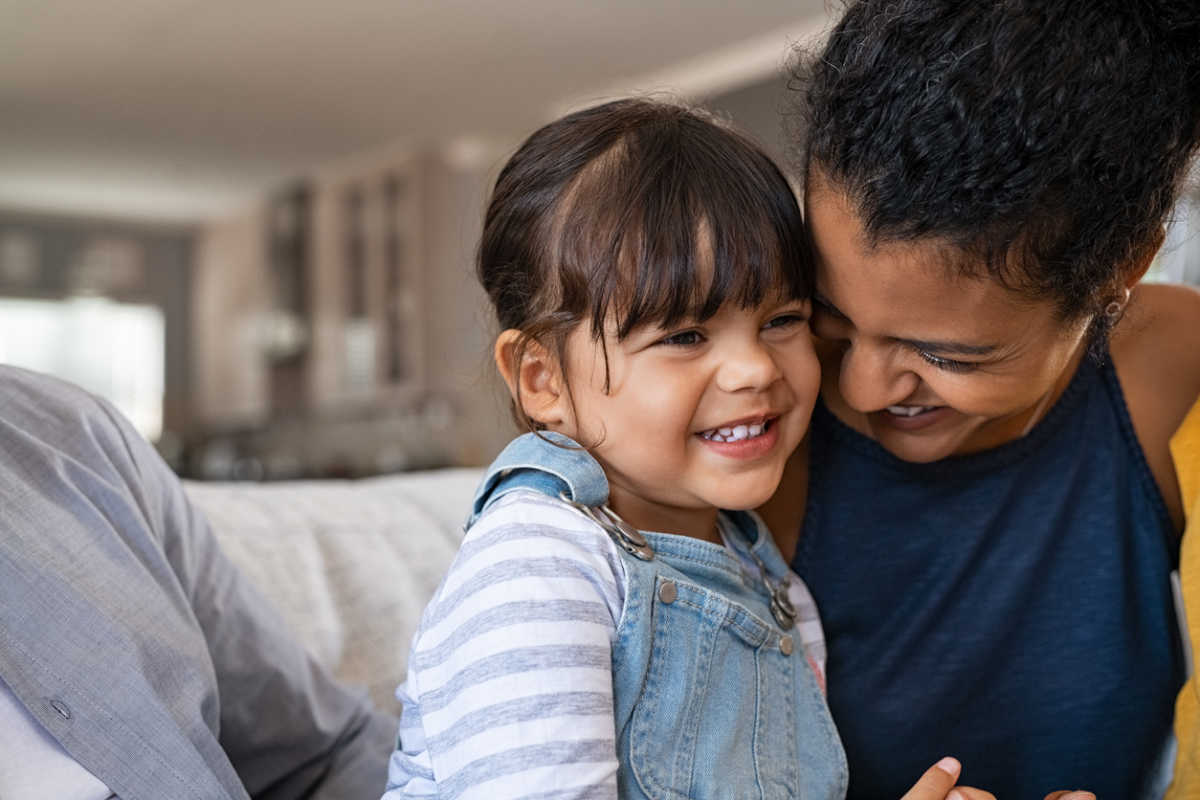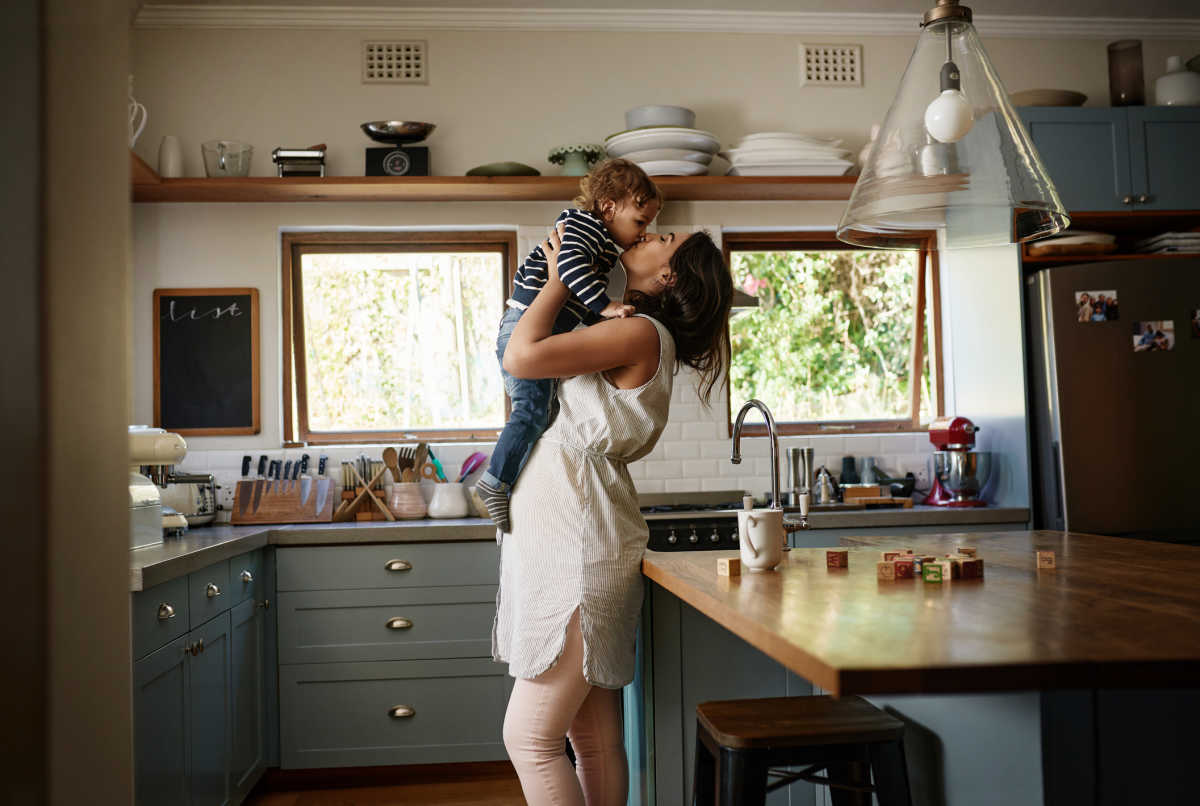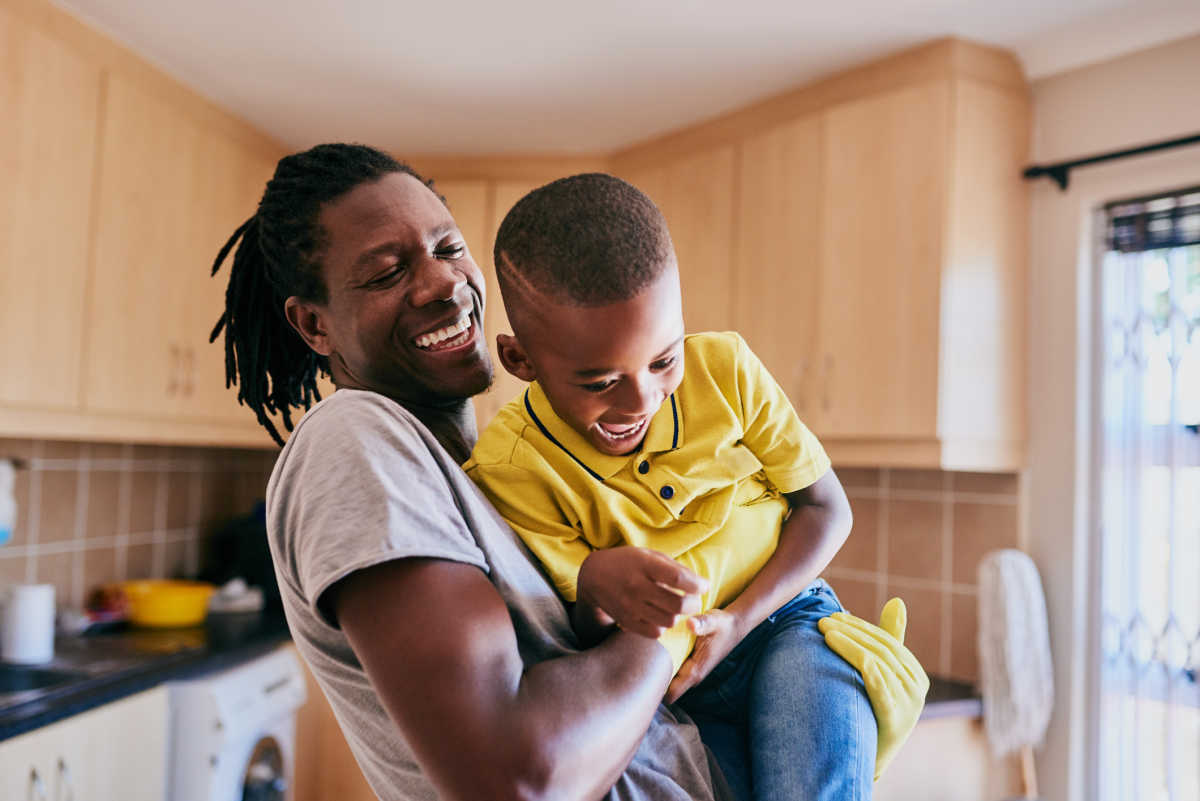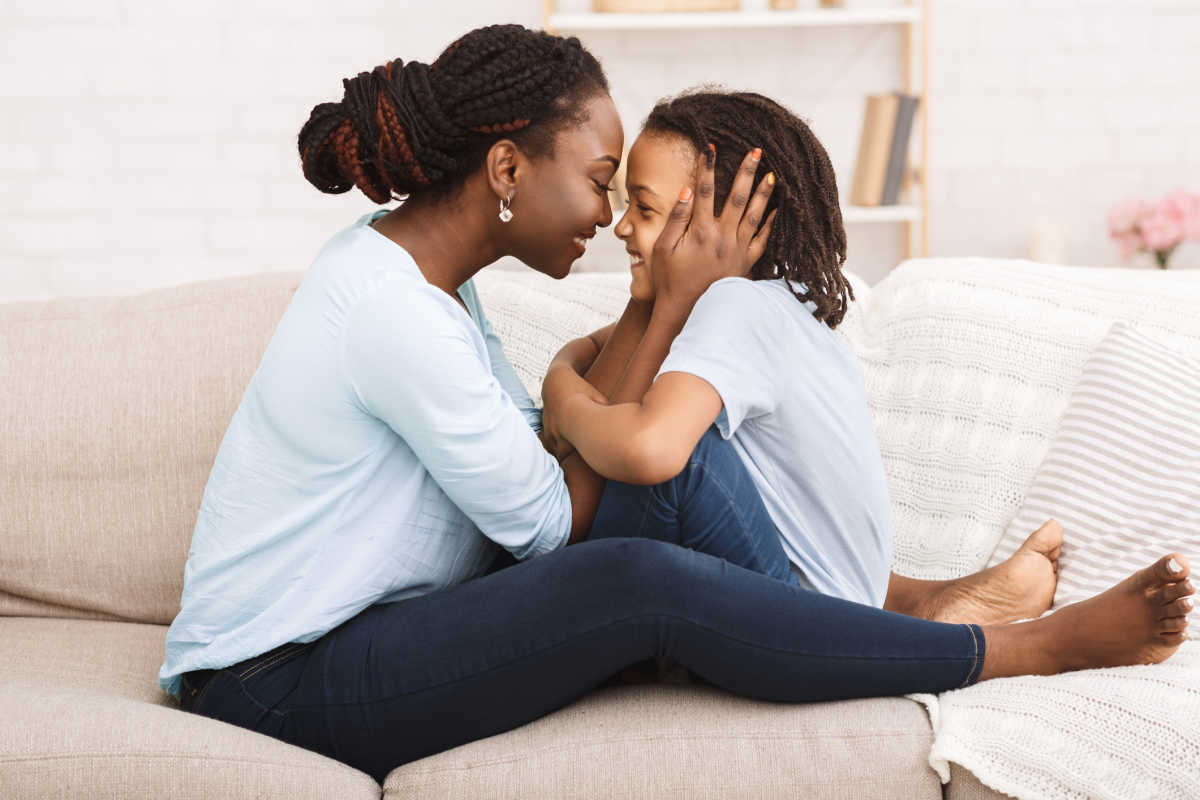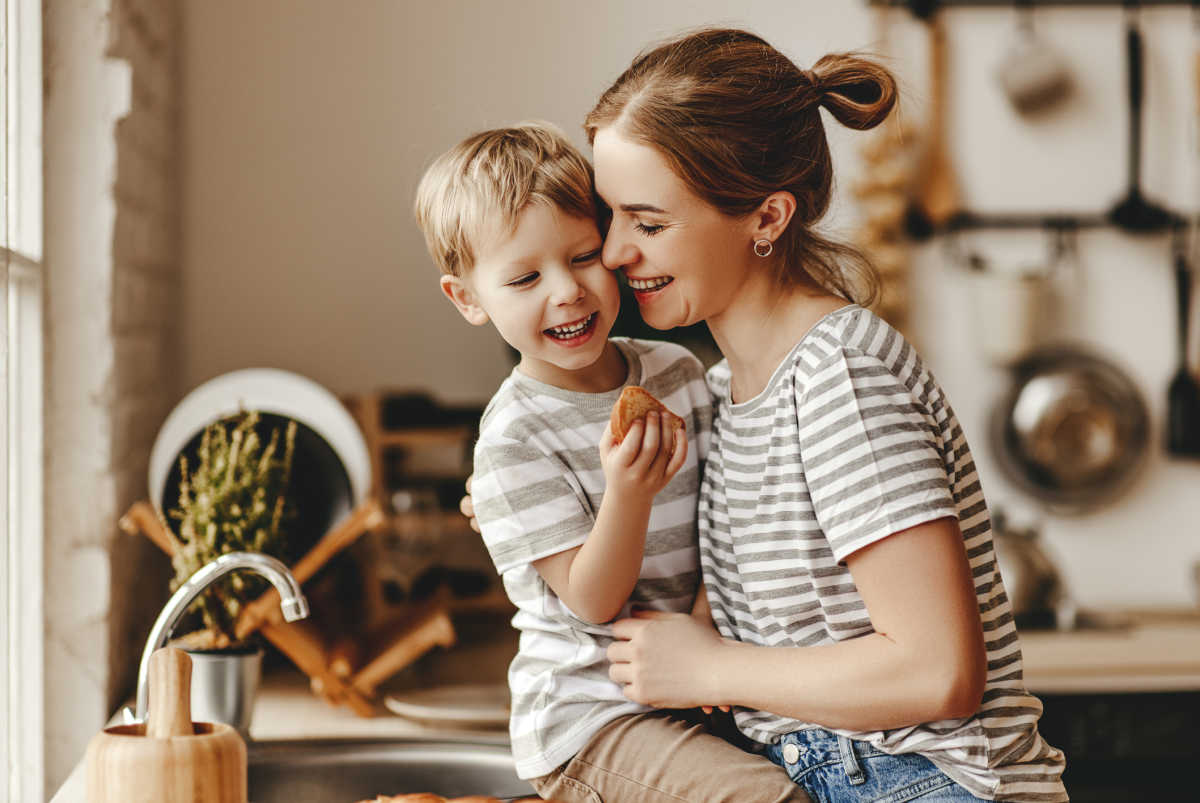Parenting is a demanding job. In spite of your best intentions, there will come a day when you do something that may cause your child harm. It could be verbal or nonverbal. The problem is compounded by the fact that the parents have no notion how to correct the situation. You will start to think back to your own upbringing and wonder how your parents might have handled something similar. It’s still a novel concept to many people that parents can and should apologize to their children when they screw up. Apologizing to your children when you make a mistake is not only the right thing to do, but it can have a profound effect on their emotional development, according to recent studies.
According to an article in Psychology Today, the two most significant phrases in any relationship are: “The three most powerful words in any language: I love you. In other words, I catch what you’re saying. Let me start by saying I’m sorry.
You may ask, “What can I do to make this right?””
Lots of people would agree with that statement, but it’s not always easy for parents to apologize to their own children after repeatedly telling them to apologize to one other. The article goes on to suggest that the difficulty of apologizing to children stems from the fact that we, as parents, believe we are morally obligated to always be right.
A sincere apology to our children is something for which we should make every effort. It’s important for children to know that their parents are human, and apologizing to them is a great way to strengthen that connection.
According to Idaho Youth Ranch, an organization dedicated to helping children and families, “when you apologize to your child, you actually strengthen your bond by validating your child’s feelings and teaching them that mistakes are okay as long as you take responsibility and learn from those mistakes.”
It’s one thing to realize you should apologize to your kids; it’s another thing entirely to really do it. It’s tough to know how to begin apologizing if you didn’t grow up with parents who did it often. It might be difficult to take responsibility for your actions as a parent even if you were raised by the best possible examples.
If you want to learn how to apologize to your children, it’s best to start practicing as soon as possible in their lives and to do it as often as necessary. That doesn’t mean you have to be a doormat or that you have to apologize for every little thing, but like with any skill, repetition is the key to improvement.
Those interested can find helpful advice in this area at Psychology Today: “You should not feel bad about imposing reasonable constraints. But it is our responsibility to keep our own emotions in check, no matter what our child does, and if we lose control, we should apologize immediately.”
It’s normal for parents to misunderstand their children’s emotions and treat their occasional tantrums as nothing to worry about. Avoid dismissing your child’s emotions and instead try to see things from their perspective. While you may not feel your child requires an apology from you, it’s important to give them a chance to explain why they feel that way.
It’s also crucial to apologize sincerely and not make your youngster feel like they’re at fault for their reaction. I’m sorry you feel that way, but a lot of the apologies I’ve gotten as an adult have started with those words. While saying they’re sorry, they still put the blame on the one they injured instead of taking responsibility for their actions.

